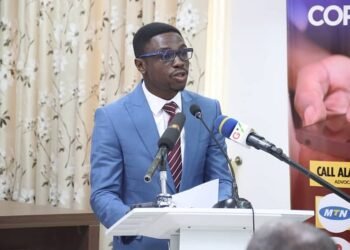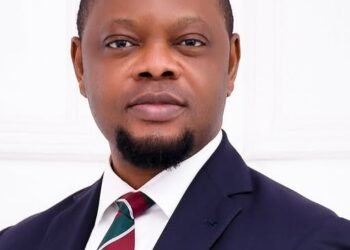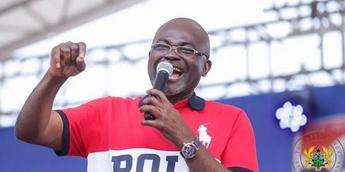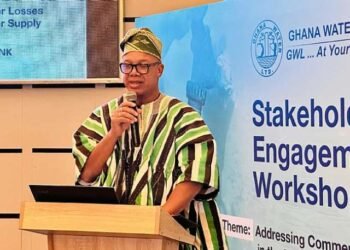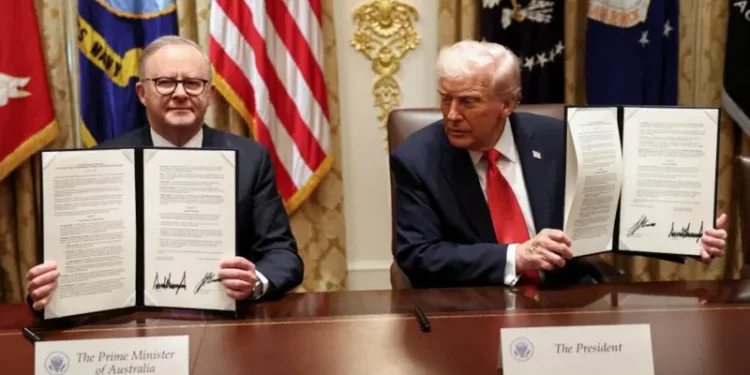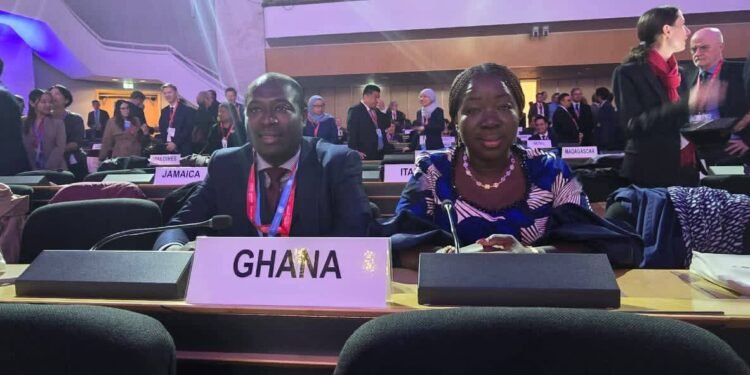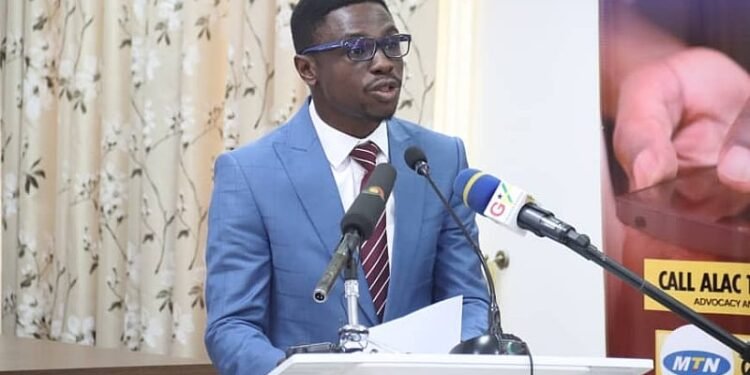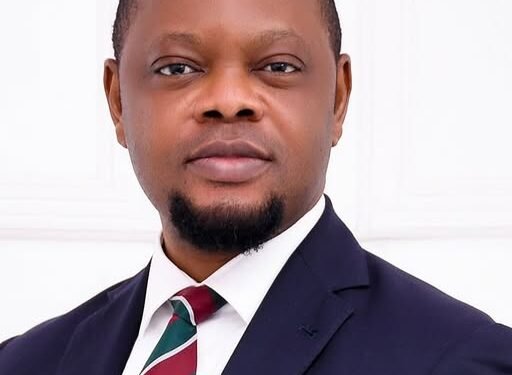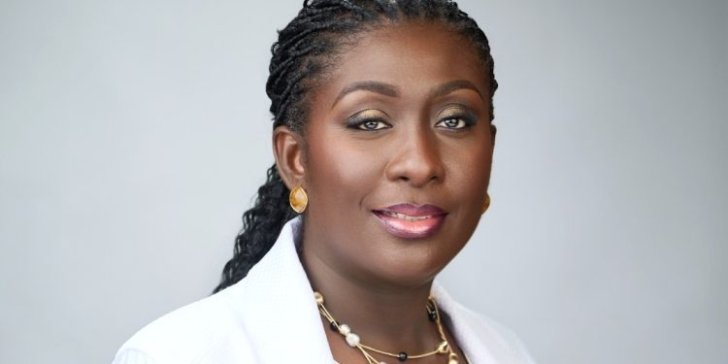The Spokesperson to the President and Minister for Government Communications, Felix Kwakye Ofosu, has defended the removal of Chief Justice Gertrude Araba Esaaba Sackey Torkornoo from office, describing it as a triumph for the rule of law and not an attempt by the presidency to interfere with the judiciary.
Speaking in the wake of President John Dramani Mahama’s decision to implement the recommendation of the Article 146 Committee, Hon. Kwakye Ofosu insisted that the process was neither political nor a scheme to weaken judicial independence.
Instead, he argued that it demonstrated Ghana’s commitment to ensuring equality before the law, regardless of the status of the individuals involved.
“It has nothing to do with setting the Judiciary. Resetting the Judiciary simply means that we demand that fairness and balance prevail in the way that the Judiciary does its work. That’s all it’s about. The President cannot go and physically purport to be resetting the Judiciary by removing judges.”
Spokesperson to the President and Minister for Government Communications, Felix Kwakye Ofosu
He emphasized that the Chief Justice’s removal should be understood as a straightforward application of constitutional provisions rather than a discretionary act of the President.
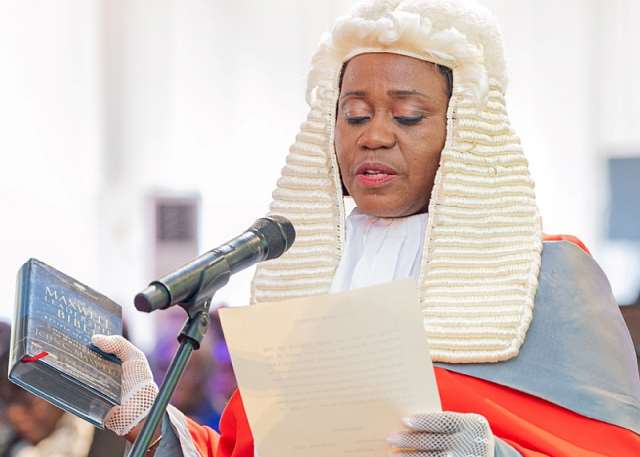
Under Article 146 of the 1992 Constitution, once a committee set up to investigate allegations of stated misbehaviour finds evidence to support the claims and recommends removal, the President is obliged to act accordingly.
Hon. Kwakye Ofosu stressed that the President had merely complied with this requirement. “This is a victory for the rule of law,” he said.
“The fundamental principle of the rule of law, the reason why the rule of law must be adhered to, is that all of us are equal before the law. If I violate Ghanaian law, irrespective of our standing in society, we must be dealt with according to the details of the law. Any society that is unable to do that cannot call itself a society governed by the rule of law.”
Spokesperson to the President and Minister for Government Communications, Felix Kwakye Ofosu
He rejected the notion that the Chief Justice’s high office should shield her from accountability. According to him, some critics were placing undue weight on the significance of her position without acknowledging that the Constitution demands that everyone be treated equally.
“I get the impression that people are considering the significance of the office of the CJ and are therefore saying that irrespective of the availability of wrongdoing, if constitutional provisions are followed to arrive at a determination that she should be removed, she should not be removed, simply because she is a CJ. We cannot do that.”
Spokesperson to the President and Minister for Government Communications, Felix Kwakye Ofosu
The spokesperson underscored that Ghana’s constitutional system is built to preserve the independence of the judiciary while simultaneously ensuring that no one is above the law.
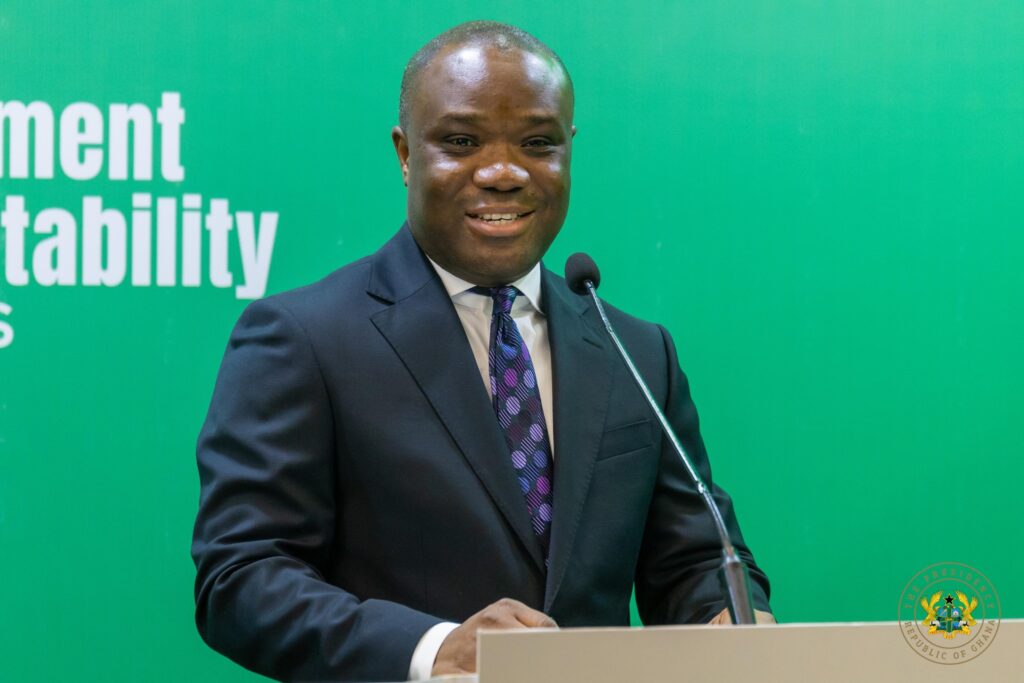
He pointed out that the framers of the Constitution anticipated circumstances where even judges of the superior courts could face allegations of misconduct. It is for this reason that Article 146 establishes a transparent, quasi-judicial mechanism for investigating such claims and making binding recommendations.
For Hon Felix Kwakye Ofosu, adherence to this process is what cements Ghana’s reputation as a nation governed by law rather than by arbitrary power. “If we abandon this principle because of the stature of one individual, then we erode the very foundation of the rule of law,” he argued.
The spokesperson’s remarks follow a wave of public commentary and debate after President Mahama formally removed Justice Torkornoo from office on the recommendation of the Article 146 Committee.
The committee, chaired by Justice Gabriel Pwamang Scot of the Supreme Court, had conducted extensive hearings into a petition brought by a citizen, Mr. Daniel Ofori, which alleged misbehaviour on the part of the Chief Justice.
After hearing witnesses and reviewing thousands of pages of evidence, the committee concluded that grounds for removal had been established.
While the Presidency has sought to portray the outcome as a victory for constitutionalism, reactions within the legal community and among civil society remain divided.
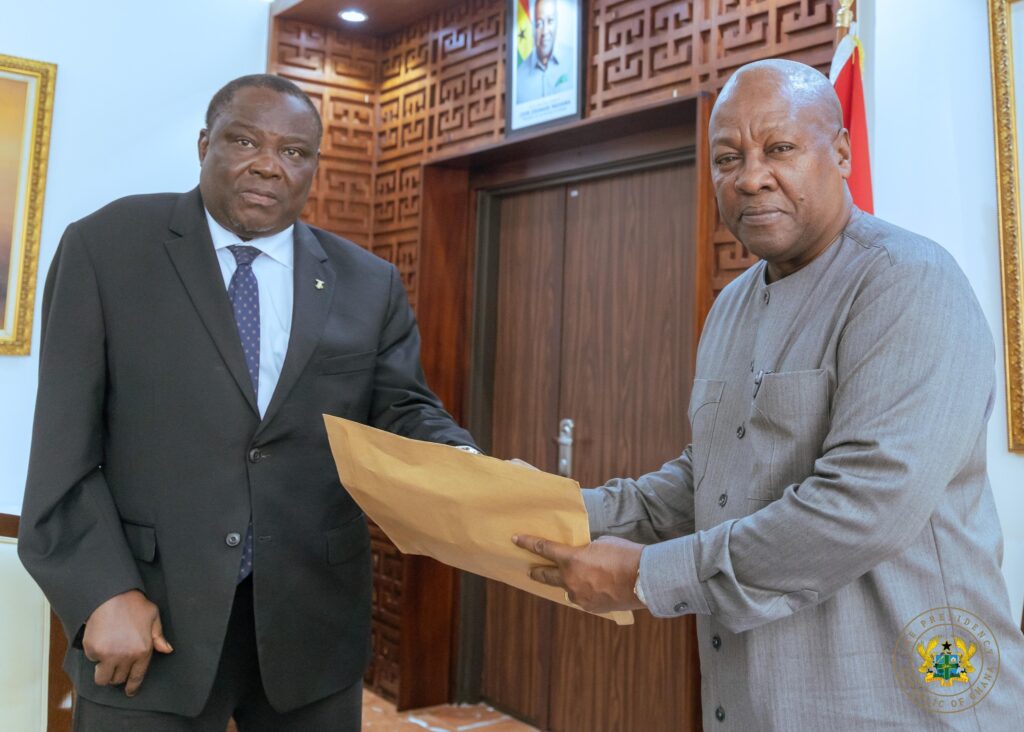
While many have sided with the president’s decision that the process demonstrates the strength of Ghana’s democratic institutions, others, however, caution that the removal of a Chief Justice—an exceedingly rare occurrence—could set a troubling precedent if not handled with utmost transparency.
For Hon. Felix Kwakye Ofosu, however, the issue is less about precedent and more about principle. “The rule of law means that no matter your rank, no matter your office, if the Constitution says you can be held to account, then you must be held to account,” he stated firmly.
The vacancy left by Justice Torkornoo’s removal now places the spotlight on President Mahama to nominate a new Chief Justice, whose appointment will require parliamentary approval.




